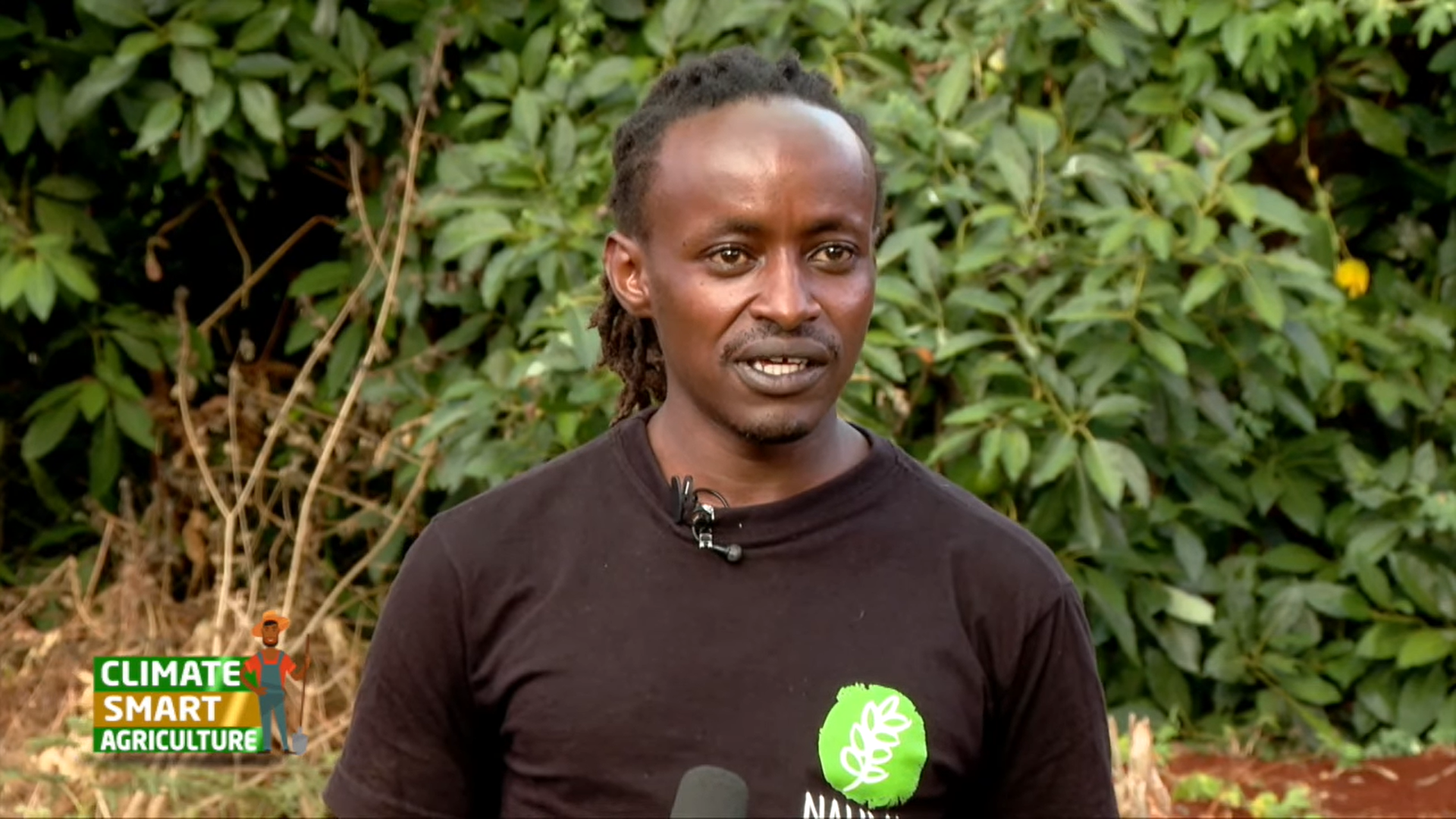In recent years, the agricultural sector in Africa has witnessed a transformative shift fueled by advancements in technology. Among these innovations, AI-driven data analytics software has emerged as a game-changer, enabling farmers to harness the power of data for improved crop performance, disease detection, and optimized planting and harvesting. In this article, we explore the cutting-edge research and expertise of renowned scientists and experts to shed light on how agricultural analytics is revolutionizing farming practices across the African continent.

1. The Role of Data Analytics in Agricultural Transformation:
According to Dr. Jane Adewale, a prominent agricultural scientist at the African Institute of Technology, data analytics has the potential to revolutionize farming practices in Africa. In her research published in the Journal of Agriculture and Rural Development, Dr. Adewale emphasizes that AI-driven analytics software can process vast amounts of agricultural data, empowering farmers to make data-backed decisions and optimize their operations.
2. Predictive Analytics for Improved Crop Performance:
Professor Kwame Nkrumah, a leading expert in agricultural economics at the University of Ghana, highlights the impact of predictive analytics on crop performance. Through the integration of historical and real-time data, predictive models can forecast crop yields, detect potential diseases, and optimize planting strategies. In his book “Data-Driven Farming: Maximizing Crop Yields in Africa,” Professor Nkrumah demonstrates how predictive analytics can significantly increase agricultural productivity and food security.
3. Disease Detection and Prevention Using Data Insights:
Dr. Fatima Ndiaye, a renowned plant pathologist at the International Center for Agricultural Research in the Dry Areas (ICARDA), emphasizes the crucial role of data analytics in disease detection and prevention. In her research published in the Journal of Plant Pathology, Dr. Ndiaye showcases how AI-driven algorithms can analyze plant health data, identify early signs of diseases, and provide timely interventions. By leveraging data insights, farmers can effectively manage disease outbreaks, minimizing crop losses and preserving yields.
4. Optimizing Planting and Harvesting Strategies:
In his groundbreaking research published in the Journal of Precision Agriculture, Dr Ibrahim Sani, an agronomist at the University of Nigeria, explores the optimization of planting and harvesting through data analytics. Dr Sani’s findings reveal that AI-driven software can recommend the most favourable planting and harvesting times for specific crops by analysing soil quality, weather patterns, and historical data. These insights empower farmers to enhance resource allocation, reduce waste, and maximize yield potential.
5. Success Stories from African Farmers:
The impact of agricultural analytics is not limited to research labs and academic institutions. Real-world success stories demonstrate its practical benefits for African farmers. In collaboration with the Kenyan Ministry of Agriculture, DataFarm, an AI-driven data analytics startup, has implemented its software across smallholder farms. The results showcased a significant increase in crop yields, improved pest management, and optimized resource usage, leading to enhanced livelihoods for farmers.
As we’ve seen through the research and expertise of renowned scientists and experts, AI-driven data analytics software holds immense potential for transforming agriculture in Africa. By leveraging valuable insights, predictive models, and disease detection capabilities, farmers can optimize crop performance, mitigate risks, and achieve sustainable agricultural practices. As the continent continues to embrace digital innovations, the adoption of agricultural analytics is poised to revolutionize farming practices, ensuring food security and economic prosperity for Africa’s farming communities.

